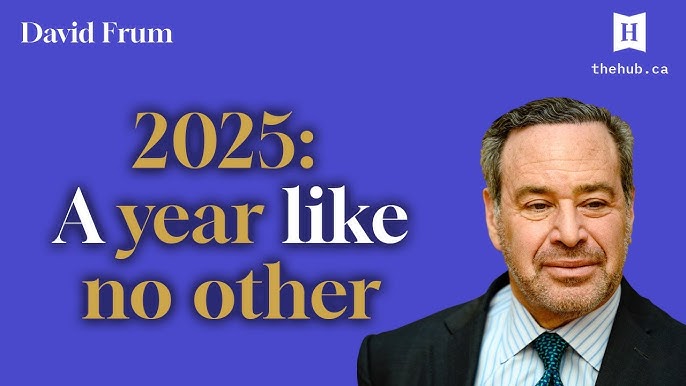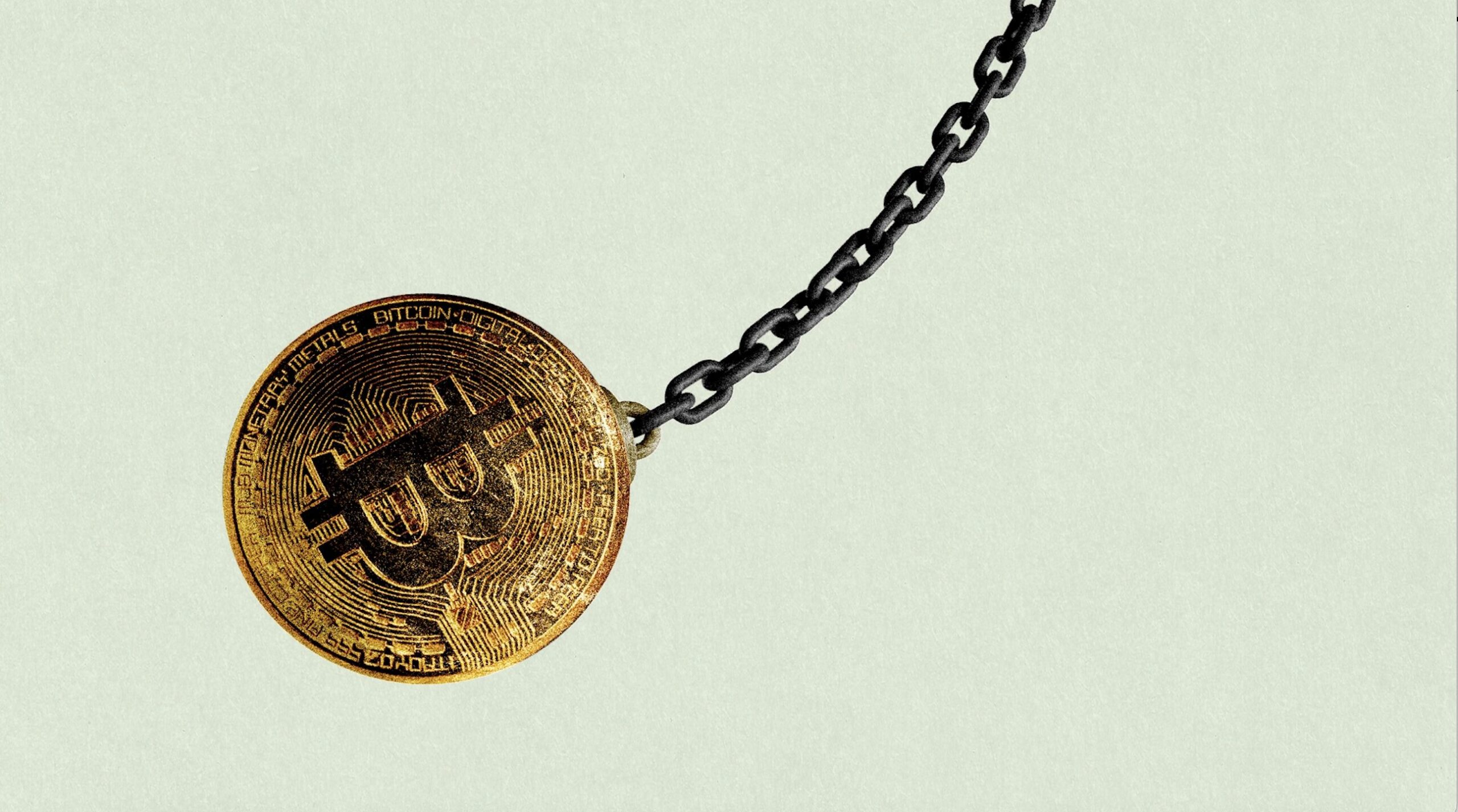“So much in the world depends on you.”
Of all the many moving words in President Volodymyr Zelensky’s speech to a joint meeting of the U.S. Congress, those eight may have been the most urgent and important.
Zelensky came to Washington to speak for his nation. He came to Washington to ask for assistance. But above all, he came to Washington to recall Americans to themselves. He came to say, My embattled people believe in you. Embedded in his words of trust was a challenge: If we believe in you, perhaps you can again believe in yourselves?
Political scientists have dubbed the past 20 years an age of “democratic recession.” There are fewer democracies on the planet. Antidemocratic predators have gained in wealth and strength. Even within the surviving democracies, extremist forces have undermined citizens’ confidence in their own system of government.
The ideal of partnership among democracies has declined, too, and perhaps even more than confidence within individual democracies. Narrow and selfish nationalism has displaced international cooperation and collective security. The slogan “America First”—seemingly discredited forever along with its fascism-friendly promoters of the late 1930s and early ’40s—was revived. Unsurprisingly, “America First” summoned forth reciprocal chauvinism from countries on the receiving end of American tariffs and American disrespect.
This mood of democratic recession enabled Russian President Vladimir Putin’s aggression against Ukraine. He regarded Ukraine as weak and vulnerable, and Ukraine’s allies as divided and ineffectual. When he ordered the invasion 10 months ago, Putin apparently expected to roll into Kyiv in days. He seemingly expected the rest of the world to grumble, then come to terms. Russian energy, Russian cash—those were, in Putin’s mind, the hard realities. Everything else seemed to him just so much vapor.
What a mistake.
The Ukrainians fought. Their ferocious and successful resistance surprised Putin. Perhaps it surprised the Ukrainians themselves. Certainly, it surprised the rest of the world, democratic and nondemocratic alike. A surge of sympathy rapidly translated into the greatest joint military assistance effort since 1945. Weapons, money, intelligence, economic support, humanitarian assistance—all flowed into Ukraine, by the tens of billions of dollars, pounds, and euros. Collective security was suddenly upgraded from an antique slogan to an organizing principle.
The assistance worked. The invasion was stopped, then reversed. The intended victim began to win.
And as the Ukrainians began to win, all the rest of us—all the other intended victims of Putin’s aggression—began to consider that maybe we might not be such losers ourselves. Maybe our ideals were not so out-of-date. Maybe our institutions were not so broken. Maybe the people the Ukrainians needed us to be, maybe those were the people we could be again.
Zelensky spoke of “bicameral and bipartisan” support in Congress for his cause. That sounded a surprising note, because an important faction in Congress and in conservative media has aligned with Putin against Ukraine. But Zelensky was using words not to describe reality; he was using words to change reality. His praise strengthened Republican friends of Ukraine such as Senator Mitch McConnell—and the reverberating applause for his praise left the friends of Putin in Congress and in conservative media more aware than ever of their ideological extremism and political isolation.
Zelensky argued that assistance to Ukraine is not charity. It is an investment. That statement is obviously true by the material metrics of national security. At a comparatively small cost in American and allied assistance, the Russian military has been given a mauling it will not soon care to repeat. Ukraine’s resistance has helped secure Taiwan, South Korea, and Japan, too, because the lesson inflicted on Moscow will surely reverberate in Beijing.
But the “investment, not charity” argument is even more powerful when measured less materially. What the Western world is getting in return for its aid is a powerful recommitment to its own best self. We didn’t believe the Ukrainians could do it, in part because we didn’t believe we could do it. But they did. And so did we. And we look now at both Ukraine and ourselves in new ways.
The extremists and conspiracists and populists, the authoritarians and kleptocrats and theocrats who have all gained so much ascendancy in recent years, they do not speak for us. That small man in the olive-green jersey at the rostrum of the House of Representatives, he spoke for us. And the reception given to him today by the president and by Congress told the world that his words had been heard and received and understood by the great democracy-minded majority of Americans.
“So much in the world depends on you.” Sometimes, Americans forget that.
Zelensky reminded us. He came to say thank you. It’s a little embarrassing to hear that thanks, because what Americans gave, fundamentally, was just money. Zelensky’s people have given blood, home, comfort, and security—every precious thing that human beings can sacrifice. The answer we owe Zelensky, the answer Zelensky should hear from this country, revived by his visit, his cause, and his country’s heroic fight, is: No, no, no—thank you.







